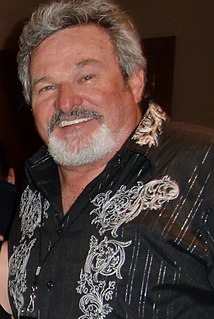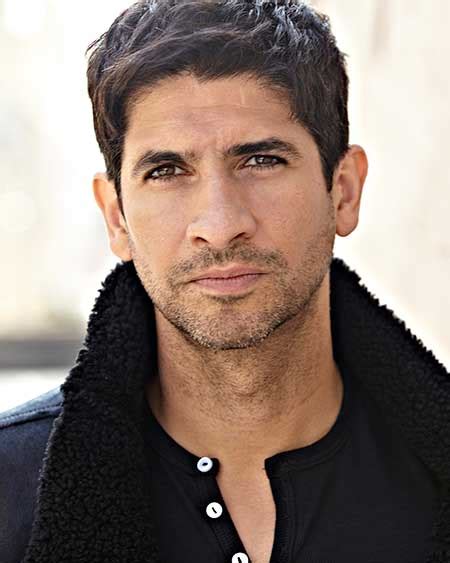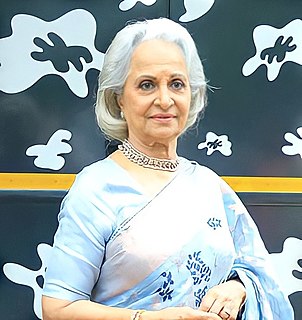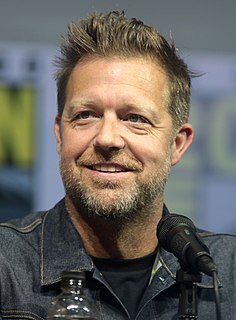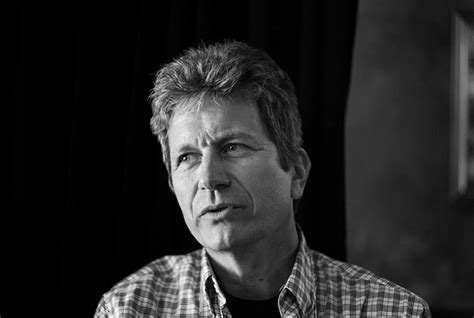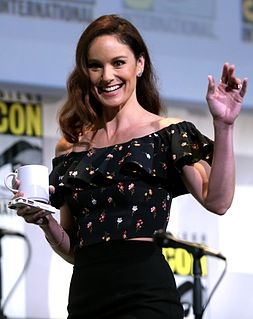A Quote by Sissy Spacek
It's a whole other way of working when you work in films: You know exactly the arc of your character.
Related Quotes
As human beings we have this immediate gateway - you’ve just to articulate exactly the way that you’re exiled, exactly the way that you don’t belong, exactly the way that you can’t love, exactly the way that you can’t move ... and you’re on your way again. You’re on your way home. If you can just say exactly the way that you’re imprisoned - the door swings open.
As a writer, you know what the purpose of the scene is. It really has nothing to do with the actor so you have to really get out of that space because for actors it's a micro-focus and then you figure out your arc through what the writers have given you to say. But that arc is just one little piece of the huge arc of the whole film. It took a while to get out of that.
I was working with actors who were very easy to work with, but I can just imagine how, with all the other decision-making problems that come up along the way, in addition to that, the whole point of what your doing is following performance and character development. You're building your story with those building blocks, and it is not easy. I've only come out with more respect for directors, from this.
I aspire to be an instrument of the director. I'm happiest like that. The stronger the director, the more I'm willing to give them. It's not just about admiration for their films, it's how they deal with you, and whether they get you or the way you work. If they don't, you better adjust your way of working to suit them. I want to work with people who are good at what they do, and people who are passionate. As you get older, you suffer fools less easily. That's why there's all those cranky character actors. I'm an exception. I'm a sweetheart.
These types of films that are psychologically sort of dark at times, I find extremely exciting to do because there's always something to think about. There's nothing more boring than to show up on set and say a line and know that your character means exactly what they say. It's interesting to have an unreliable narrator in a film and that's what both of those films have been.
In films, you work for three to six months, and you're out of the character. But for a daily soap, you don't have that luxury. So the character has to be convincing. Otherwise, your mind is not in it, and you're just working for money, which is a good amount in serials. But I want both: good acting and good money.
There should always be that leeway because if you think of your character as sort of absolutely fixed, then you just try and find actors to come and do exactly that thing, then you're not gonna be working with that actor's own set of internal impulses and who they are, so the best work is always a coming together of the actor and the character.

